Allies unite as Beijing pushes the boundaries in South China Sea
Australia will ramp up participation in joint naval exercises with the US, Japan and The Philippines to deter increasingly aggressive Chinese incursions into Filipino waters.
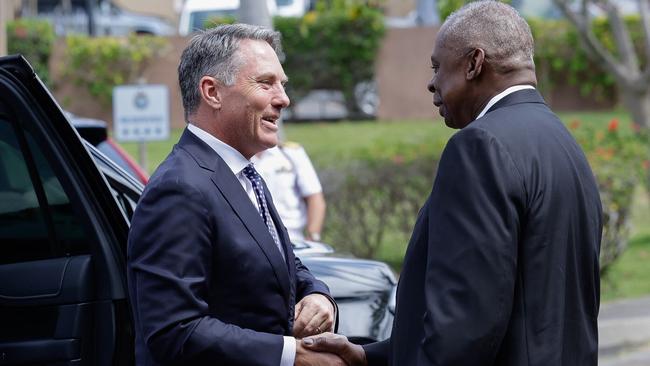
Australia will ramp up participation in joint naval exercises with the US, Japan and The Philippines under a co-ordinated security plan to deter increasingly aggressive Chinese incursions into Filipino waters.
Defence Minister Richard Marles travelled to Hawaii to flesh out the strategy with counterparts on Friday. He said afterwards that Australia was “utterly committed to asserting freedom of navigation”.
“We’ve spoken about an increased tempo of defence exercises based on the reciprocal access agreements … that we have between our countries or which are being negotiated,” he said.
The commitment will place Australian sailors on the frontline of maritime tensions in the South China Sea amid repeated clashes between Chinese and Filipino vessels. On Tuesday, China’s Coast Guard damaged two Filipino vessels en route to the Scarborough Shoal, prompting the 20th diplomatic protest by Manila against such conduct this year.
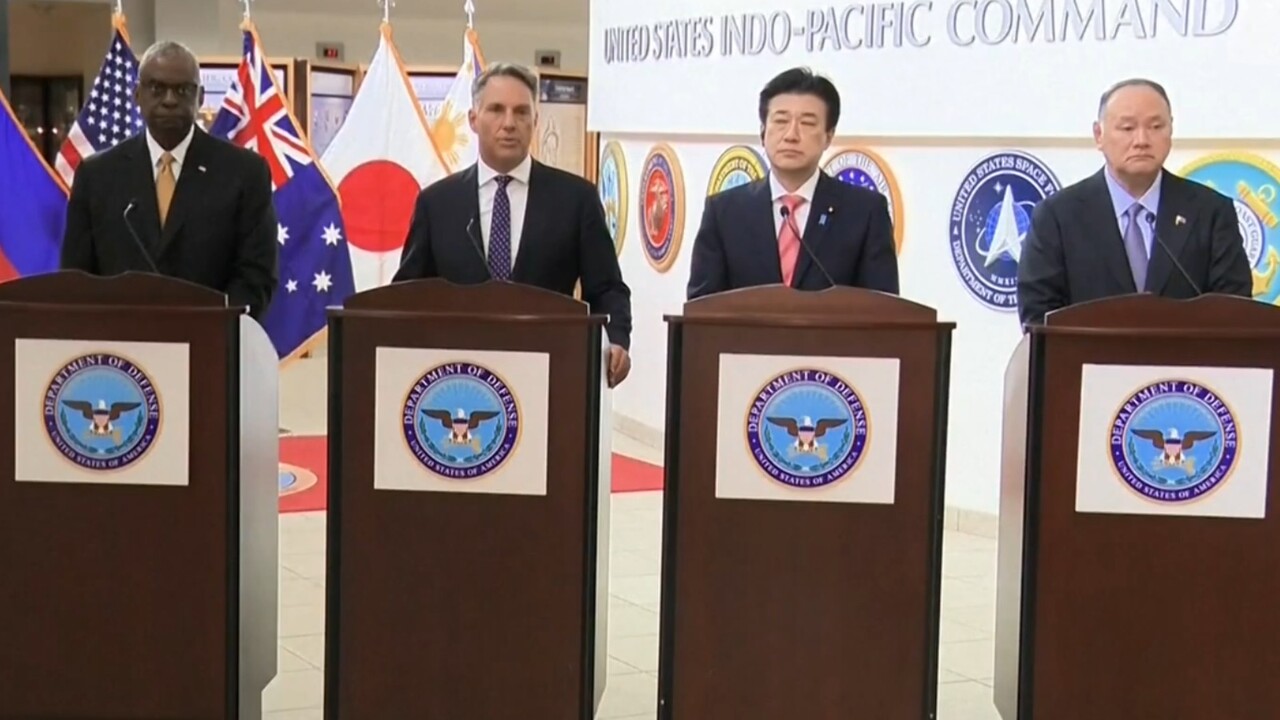
US Defence Secretary Lloyd Austin blasted China over the “irresponsible behaviour” of its ships, saying the action breached international law.
He said the US would work with its partners to make the region safer, with more joint exercises and support for The Philippines to strengthen its military capabilities. “We’re clear-eyed about the challenges that exist throughout the region and so we’ll need to continue to work together to increase interoperability, to make sure that we share information, share intelligence and … promote security and stability,” Mr Austin said.
He said the US’s commitment to The Philippines was “ironclad”, but would not speculate on whether the nations’ bilateral defence treaty would be triggered by a further escalation in Chinese aggression.
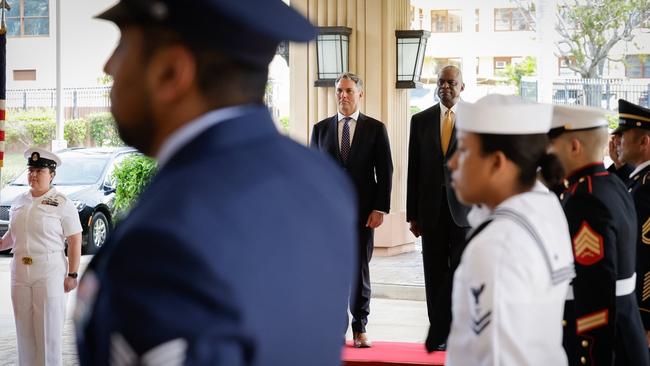
Philippines Defence Secretary Gilberto Teodoro said the nations were committed to preventing any situation that required the treaty to be invoked.
“We need to assert our rights but in a manner that safeguards the safety of each and every member of the Philippines’ armed force,” he added.
Japan’s Defence Minister Kihara Minoru said the partners needed to urgently strengthen their co-operation to safeguard regional peace.
“While the security environment surrounding us is facing even harsher challenges, it is extremely vital for us allies and likeminded countries to co-operate and collaborate with each other,” he said.
The meeting at US Indo-Pacific Command headquarters was just the second of its kind for the four nations. It followed a joint maritime exercise last month in the Philippines’ exclusive economic zone involving ships from each country.
Mr Marles also participated in trilateral talks with Mr Austin and Mr Minoru, agreeing to a new defence science and technology testing and evaluation arrangement, that is likely to involve greater use by the US and Japan of Australia’s vast weapons ranges.
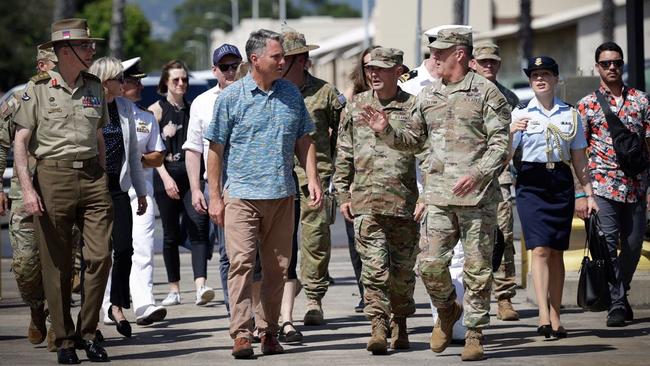
The Royal Australian Navy’s Anzac-class frigate HMAS Warramunga joined last month’s exercise in the Philippine Sea to assert maritime freedoms under the UN Convention on the Law of the Sea.
The increased pace of joint exercises will place pressure on the navy’s shrinking fleet, amid the retirement of an Anzac-class frigate this year and another in 2026. The vessels aren’t due to be replaced until the end of the decade at the earliest.
China seized the Scarborough Shoal from The Philippines in 2012, prompting Manila to seek an international ruling on the validity of Beijing claims to almost all of the South China Sea.
The UN-backed 2016 ruling found no legal basis to China’s claims, but Beijing has refused to back down and has since accelerated its militarisation of disputed islands and shoals.
Anthony Albanese visited Manila last September, signing a new strategic partnership with counterpart Ferdinand Marcos and backing the country’s pushback against Beijing in the contested waterway.


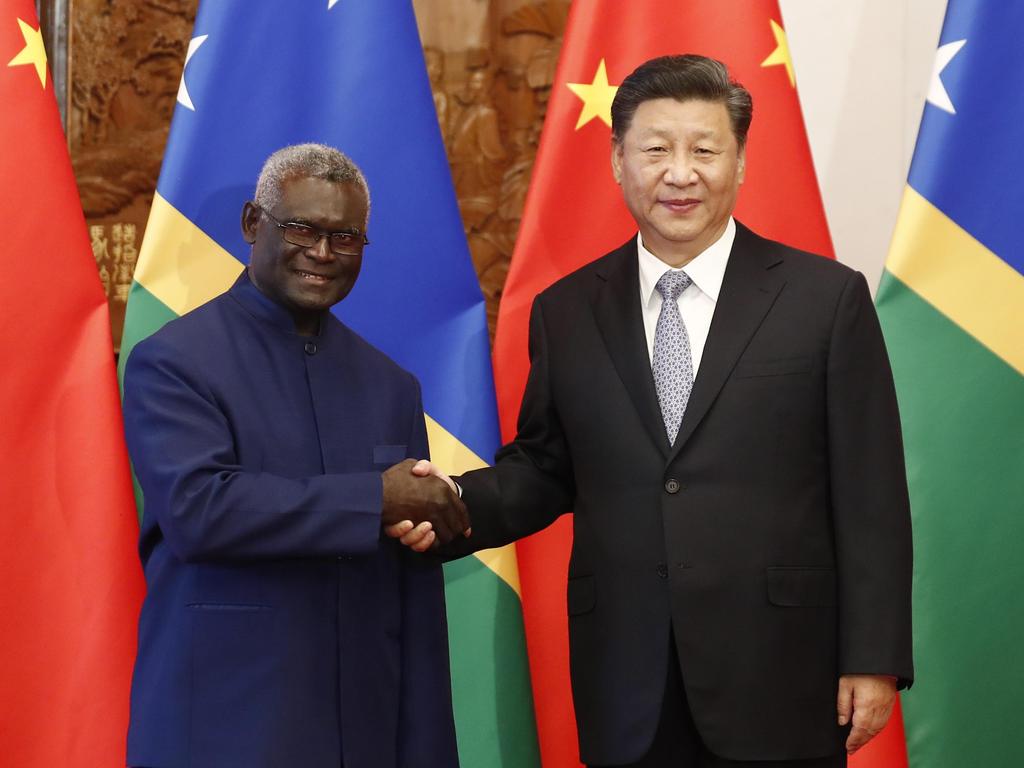


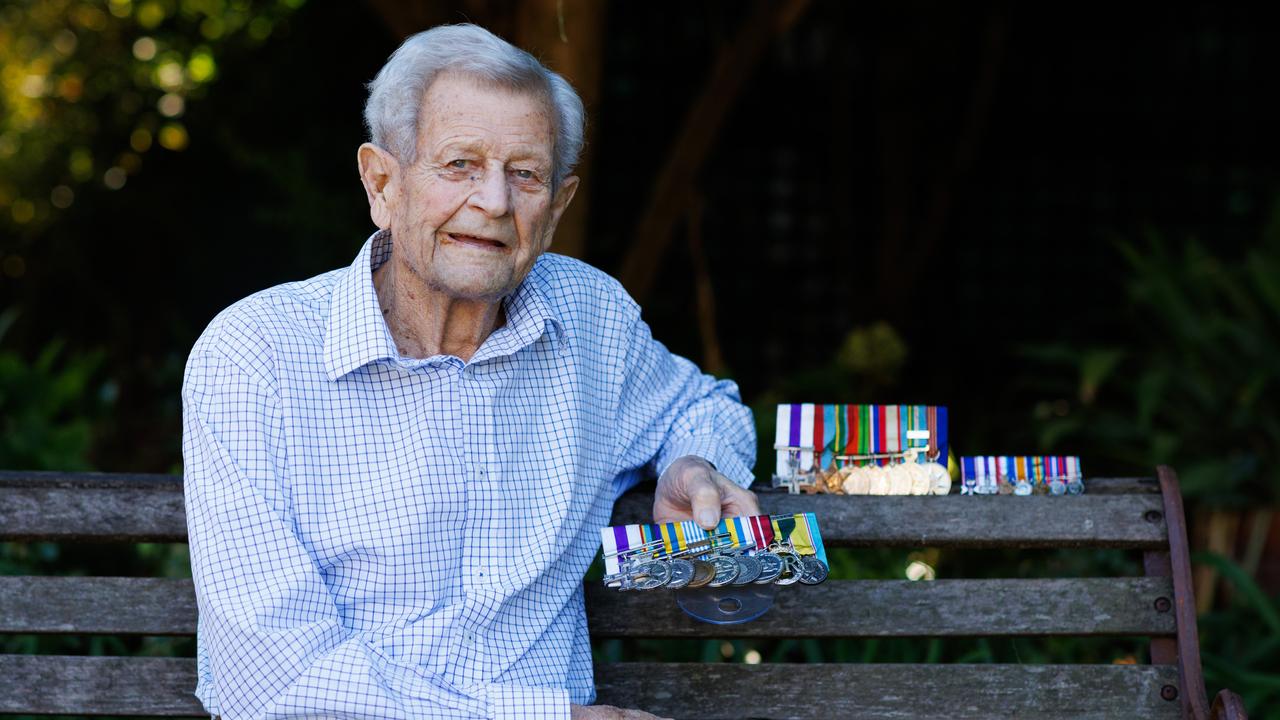
To join the conversation, please log in. Don't have an account? Register
Join the conversation, you are commenting as Logout